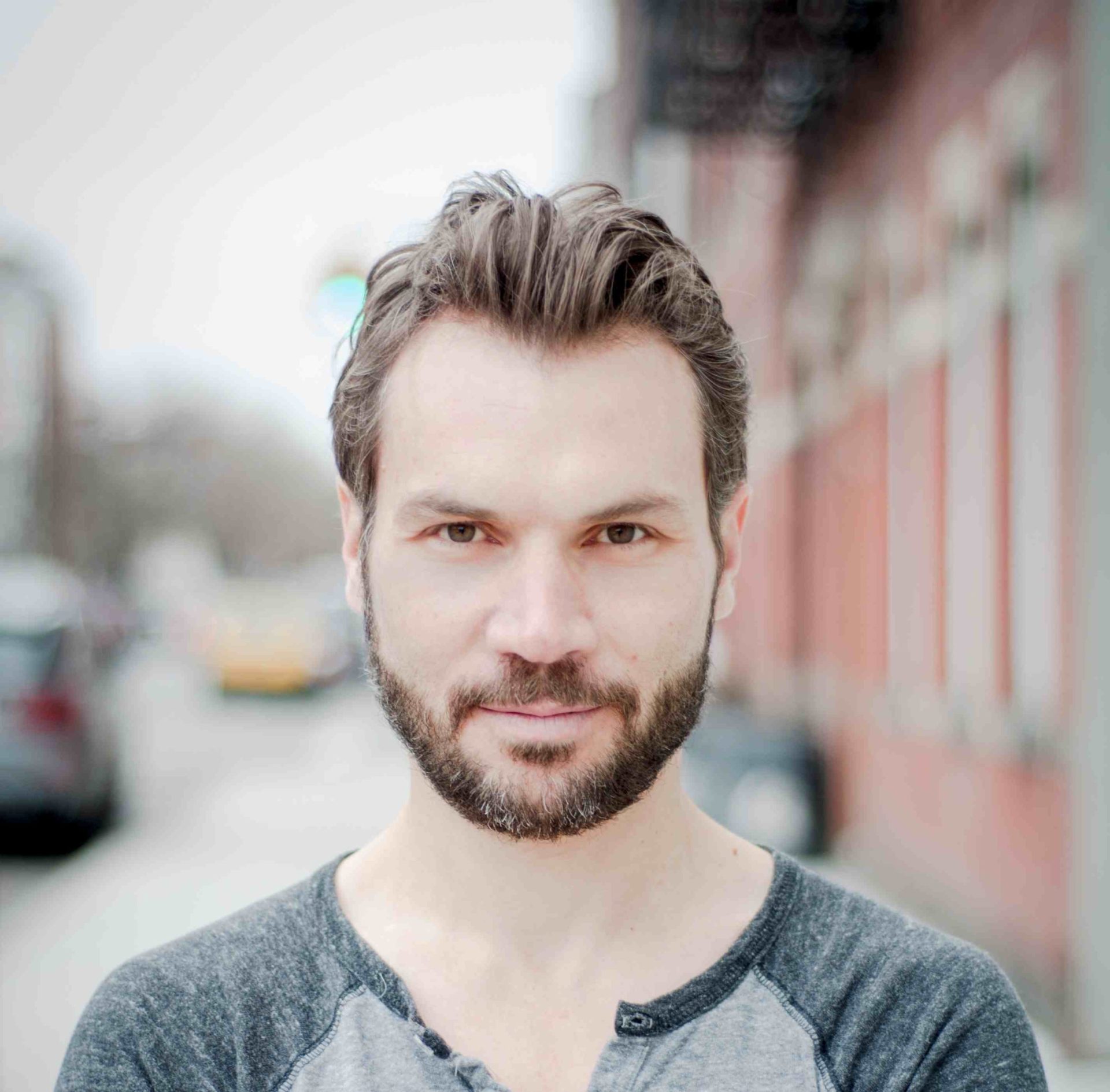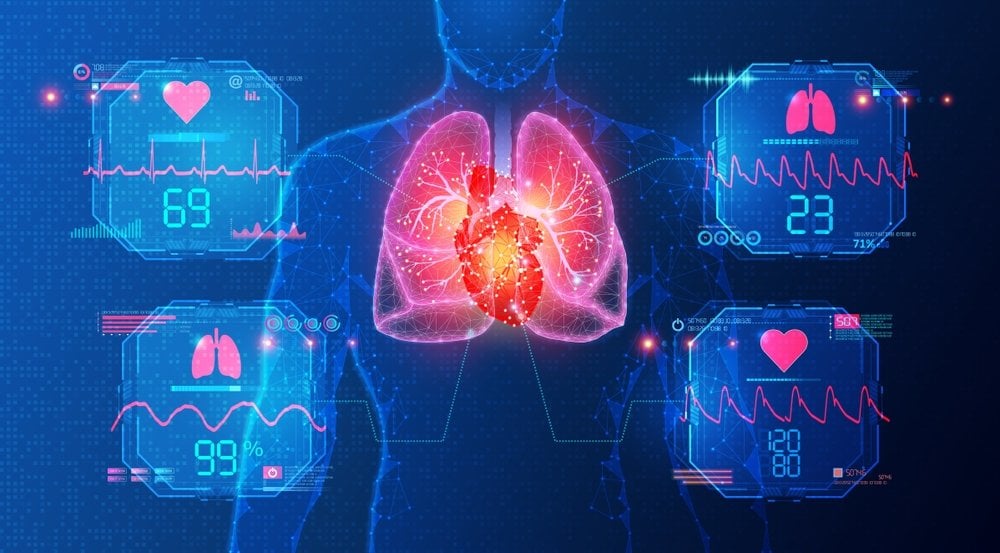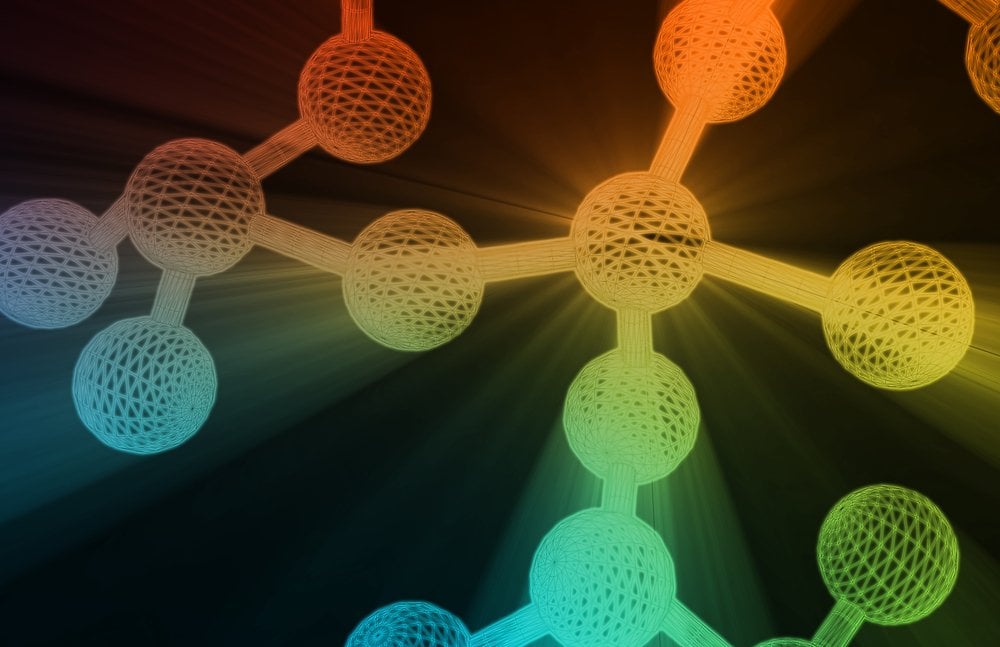How can a better understanding of evolution help us improve human health? Renowned bio-chemist Floyd Romesberg of the Scripps Research Institute can think of a few ways. For one, cancer cells evolve and grow by “out-competing” neighboring cells, a process Romesberg calls “evolution just run faster than we’re used to.” We spoke to Romesberg at our recent Techonomy Bio event in Mountain View, Calif. He says understanding how our genomes have evolved will give us insights into the genetic diseases we get, and help us treat them. But to fully comprehend the evolutionary process, we have to look at proteins. “Understanding how proteins function is absolutely essential to our understanding of life,” said Romesberg. When it comes to creating what Romesberg calls “novel” reactions—processes we want to catalyze for medical or industrial purposes—a lot of progress has been made in artificial enzymes. “Enzymes are unbelievable machines. They’re able to catalyze reactions to go billions and billions and billions times faster than they otherwise would.” Harnessing the power of enzymes and proteins, Romesberg believes, could be game-changing.
If you actually followed all of that and you’re ready for the graduate-level course, check out this session from our Bio conference.
Scripps Bio-Chemist Romesberg: Proteins and Enzymes Could Transform Industry and Medicine
How can a better understanding of evolution help us improve human health? Renowned bio-chemist Floyd Romesberg of the Scripps Research Institute can think of a few ways. For one, cancer cells evolve and grow by “out-competing” neighboring cells, a process Romesberg calls “evolution just run faster than we’re used to.” We spoke to Romesberg at our recent Techonomy Bio event in Mountain View, Calif. He says understanding how our genomes have evolved will give us insights into the genetic diseases we get, and help us treat them. But to fully comprehend the evolutionary process, we have to look at proteins. “Understanding how proteins function is absolutely essential to our understanding of life,” said Romesberg.
















